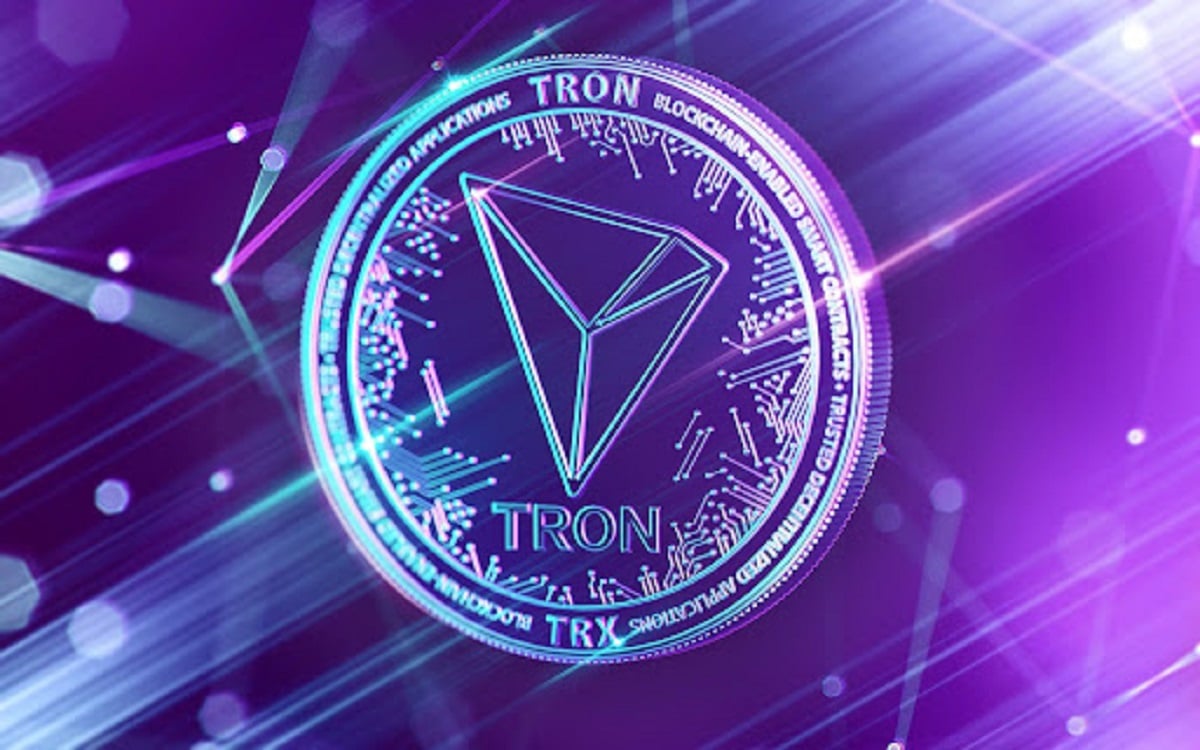
- Tron is fighting against the SEC in court, saying the agency lacks authority over its global operations.
- The SEC accuses Tron of selling unregistered securities and engaging in wash trading, but Tron denies the allegations.
The Tron Foundation, the entity behind the layer-1 blockchain Tron, has filed a motion to dismiss a lawsuit brought by the United States Securities and Exchange Commission (SEC) in a New York federal court. Tron asserts that the SEC’s attempt to apply U.S. securities laws to activities predominantly conducted outside the United States exceeds its regulatory authority.
Furthermore, Tron argues that secondary token sales on a U.S.-based platform serving global users do not automatically render the tokens subject to U.S. securities laws.
Tron emphasized in its complaint the SEC’s lack of global regulatory authority. The Tron Foundation sought to support its request by highlighting the global reach of its operations and clientele in its March 28th move for dismissal. BitTorrent Foundation, a well-known file-sharing network, and Tron Foundation, along with its chairman Justin Sun, are named in the complaint that was started by the SEC last year.
Challenges to SEC allegations
According to Tron, the tokens do not fit the requirements for investment contracts under the Howey test, a method used to establish whether particular transactions qualify as securities. Tron disputes the SEC’s classification of the tokens as unregistered securities offerings. Furthermore, according to Tron, the SEC has not produced concrete proof to support its accusations of manipulative trading techniques and celebrity endorsements.
In addition, Tron’s move to dismiss the SEC action highlights procedural issues, citing insufficient factual charges and an overreliance on broad statements. The foundation argues that the SEC’s allegations are imprecise and lack evidence that each defendant was involved in the alleged misconduct. Tron also uses the major questions theory, a Supreme Court ruling that limits regulatory authority without express legislative approval.
The SEC has yet to respond to Tron’s motion to dismiss, but it is expected to do so within the next two weeks. The outcome of this legal dispute will have significant implications for the regulation of digital asset offerings and the jurisdictional reach of U.S. securities laws.
Allegations Wash Trading
Furthermore, Justin Sun is charged by the SEC with wash trading, which is the fabrication of false market activity. According to the regulator, Sun used this strategy to secretly fund well-known people like Akon and Soulja Boy to promote Tron tokens. Furthermore, Tron argues that the SEC has not identified any specific victims of these purported wash trades. The company maintains its stance of innocence, emphasizing the lack of substantiated facts presented by the SEC.
As previously highlighted by Crypto News Flash, Tron blockchain has experienced a notable increase in illicit transactions, particularly in activities such as drug sales and terrorist financing. Of particular concern is the revelation that the number of blockchain addresses associated with terrorist financing on Tron, receiving the stablecoin Tether (USDT), surged by a staggering 125% in 2023. Tether remains the preferred stablecoin for criminal activities, according to TRM Labs.
It is worth noting that the TRON ecosystem, specifically its decentralized autonomous organization (DAO), has witnessed a remarkable surge in USDT transactions since early February, with daily averages now surpassing two million. IntotheBlock’s latest data highlights this surge, bringing transaction volumes close to the peak observed in January 2023.
USDT transactions on @trondao have been on a notable upswing since early February, now averaging over 2 million transactions daily. With this increase, the number of transactions is approaching the peak witnessed in January 2023. pic.twitter.com/BErBb17I04
— IntoTheBlock (@intotheblock) March 27, 2024




















